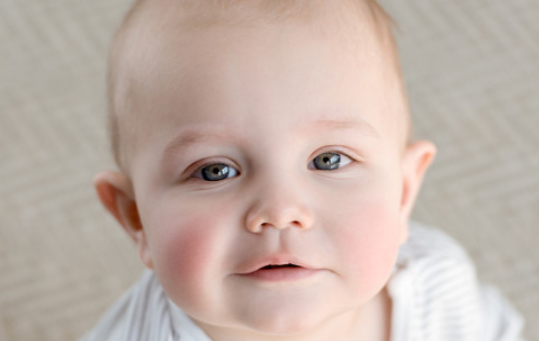When do babies start teething
When do babies start teething? Babies start teething when they are 4-5 months old, and some babies may not start teething until they are about 1 year old. This is normal for infants under half a year old. If a child does not have his or her first milk teeth by one or more years of age, this is known as delayed eruption of milk teeth. The number of milk teeth in a child can be calculated using the following formula: subtracting 4-6 months from the infant's age, the number of teeth in a one year old infant is 12-(4-6) = 6-8.
The most common cause of delayed appearance of teeth in infants is vitamin D deficiency rickets. Extreme malnutrition, developmental disorders (congenital thyroid dysfunction) and congenital syphilis are also causes of late teething.

If the child is over 1 year old and still has no teeth, the parents should take the child to the hospital for treatment. You should go to the hospital and have an x-ray taken to see if there are tooth germs in there. If there is a tooth germ, the tooth will eventually grow out, if there is no tooth germ, the problem of edentulousness must be considered.
The eruption of milk teeth occurs at a certain time and in a certain order, and the tooth germ is formed at the embryonic stage. It begins to germinate at 4-10 months of age and some may grow until about one year of age. At the latest, by the age of two and a half years, all 20 milk teeth will be fully grown.
Generally, when babies are teething, they may experience fever, drooling and spitting up bubbles, which can easily lead to irritability and crying. At this time, mothers can prepare some teething sticks or chewing materials for their babies to ease the discomfort of their teeth.







